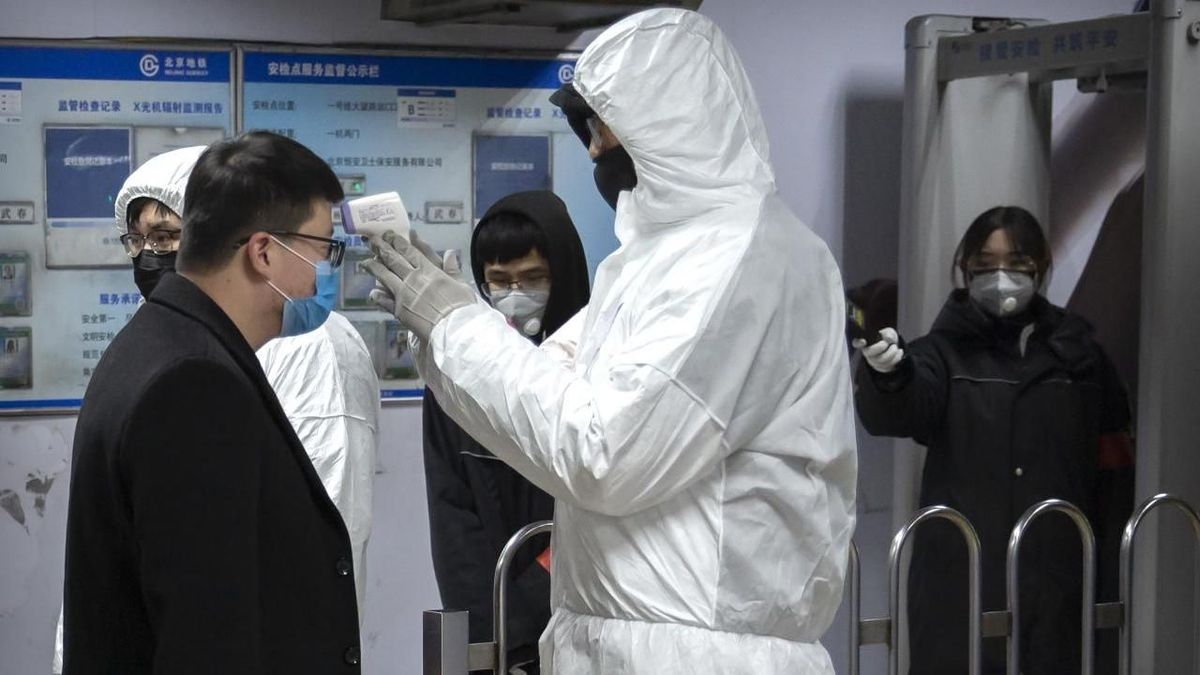New record of coronavirus casualties, tightened control of wildlife trade

A few minutes every morning is all you need.
Stay up to date on the world's Headlines and Human Stories. It's fun, it's factual, it's fluff-free.
A total of 97 people died from the coronavirus on February 9, the highest number of casualties recorded in a day. Across China, 40,171 individuals are infected and 187,518 are under medical observation. According to the Chinese government, as many as 3,281 patients are cured and have been discharged from hospital as of February 9.
On February 10, millions of people commuted to work after the extended Lunar New Year holiday – which was initially only until January 31 – comes to an end. An uptick in numbers of coronavirus cases is to be expected in major cities such as Beijing, a city of over 21 million inhabitants, due to the millions of people who travel there in a single day.

Many schools and businesses are expected to stay shut. White-collar employees reportedly have the option of working from home.
Host of the virus
Although bats were initially thought to be the carrier of the Wuhan coronavirus, researchers now believe it might have made a jump to another group of animals before infecting humans. Researchers now believe that pangolins could have acted as the intermediary host between bats and humans in transmitting the virus.
Pangolins are often poached in China for their keratin scales which are used as traditional medicine. The animal’s meat is also considered a delicacy for the wealthy in many parts of the world, including China, Indonesia and Vietnam. It is believed to be the world’s most trafficked nonhuman mammal, with an estimated one million being poached from 2000 through 2013. Pangolins are also closely related to civet cats, which were reportedly the carriers of the 2002-2003 severe acute respiratory syndrome (SARS) virus.

Ban on wildlife trade
China has the largest market for legal and illegal wildlife trade. China’s Agriculture Ministry has issued an order for tightened controls on wildlife trade, temporarily placing a ban on the sale of wildlife and wildlife products in the country after speculation that the coronavirus originated from a wildlife market in Wuhan. The nation’s demand for wildlife products drives the global trade for the poaching and selling of these products. Some animals in the Wuhan market were reportedly facing the danger of extinction.
The World Wildlife Fund (WWF) has advised consumers of wildlife meat to stop creating demand, citing the health crisis as a wake-up call. “This health crisis must serve as a wake-up call for the need to end the unsustainable use of endangered animals and their parts, as exotic pets, for food consumption and for their perceived medicinal value,” the WWF said in a statement.
[article_ad]




Comments ()